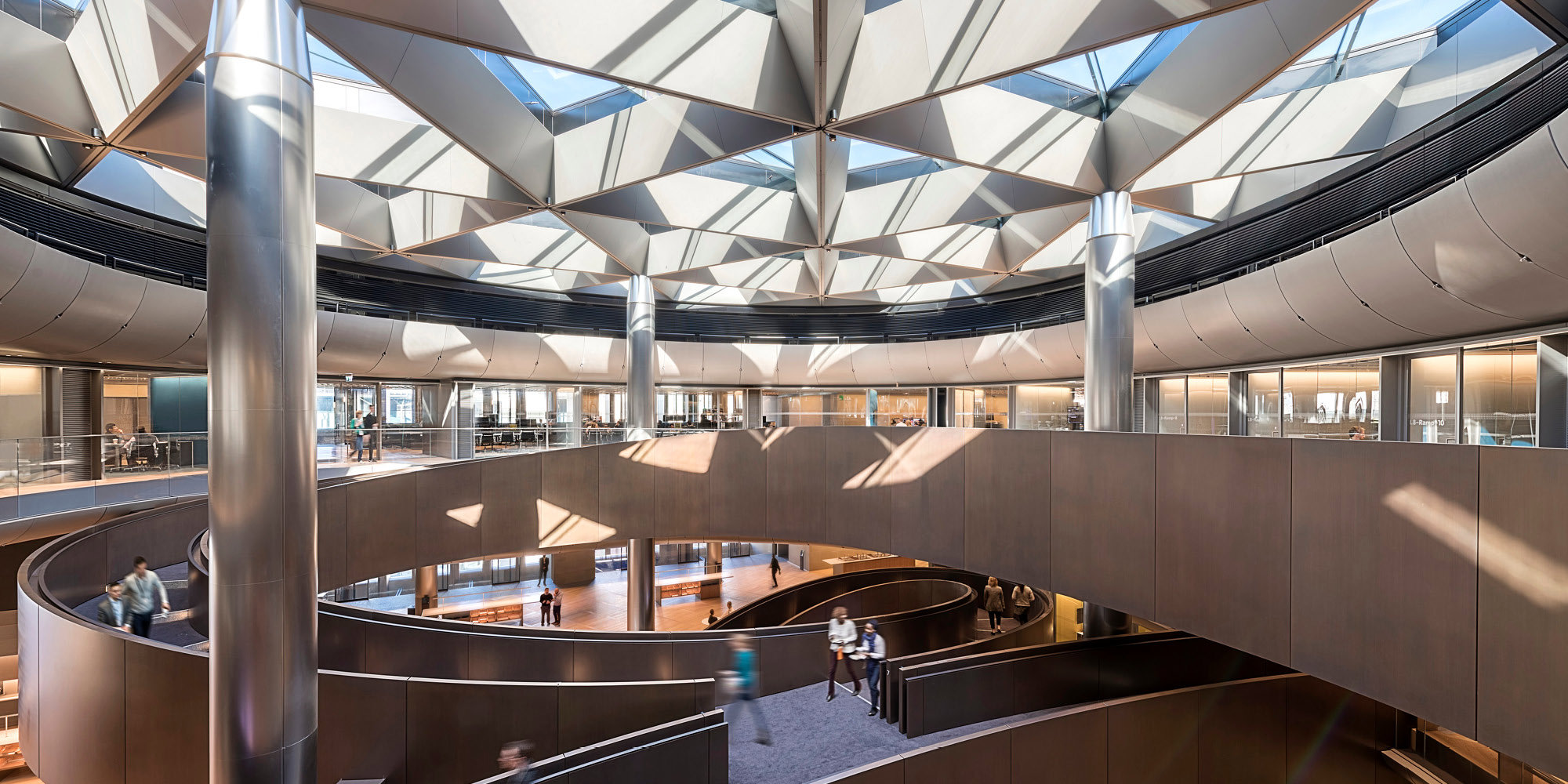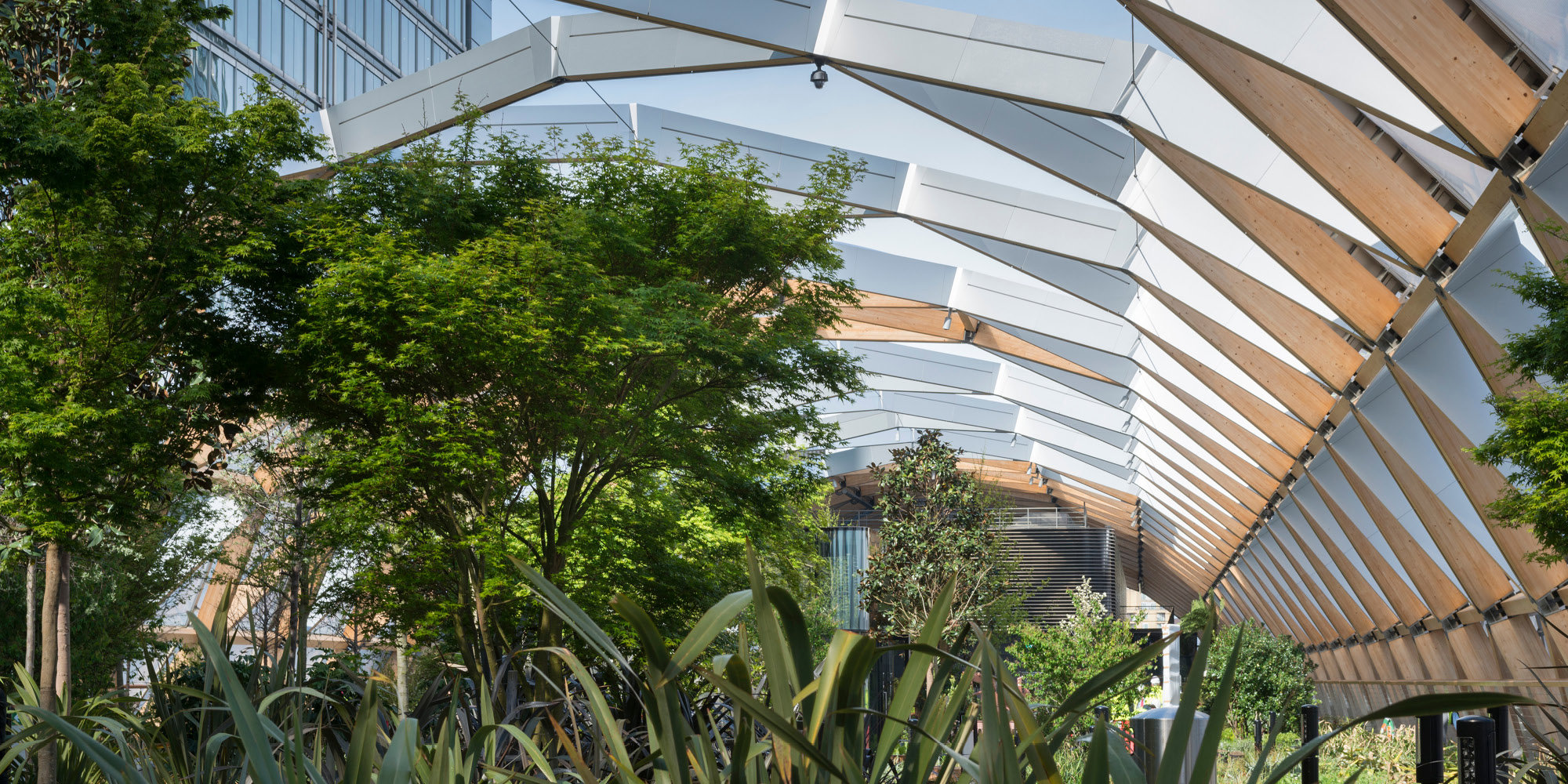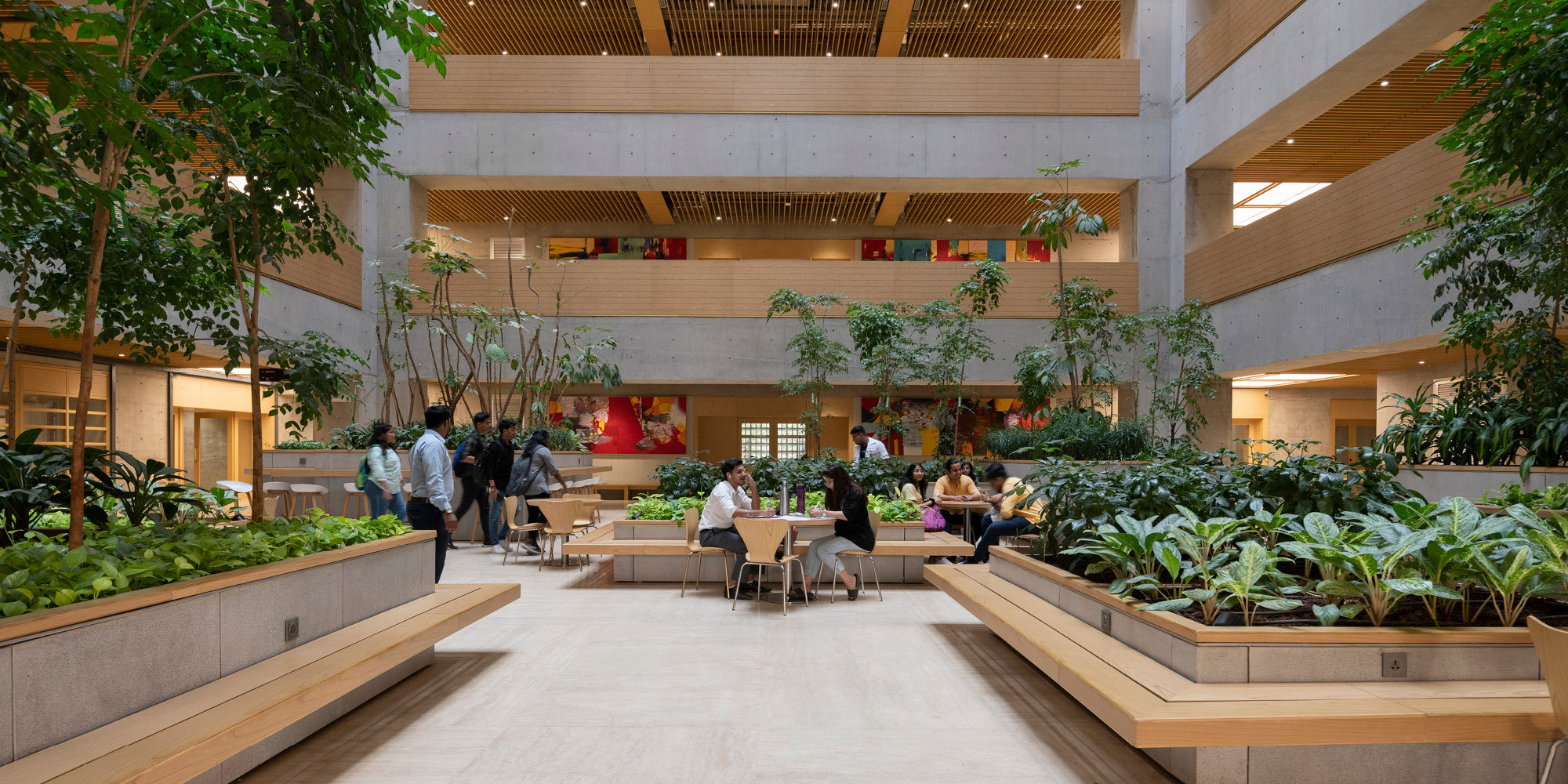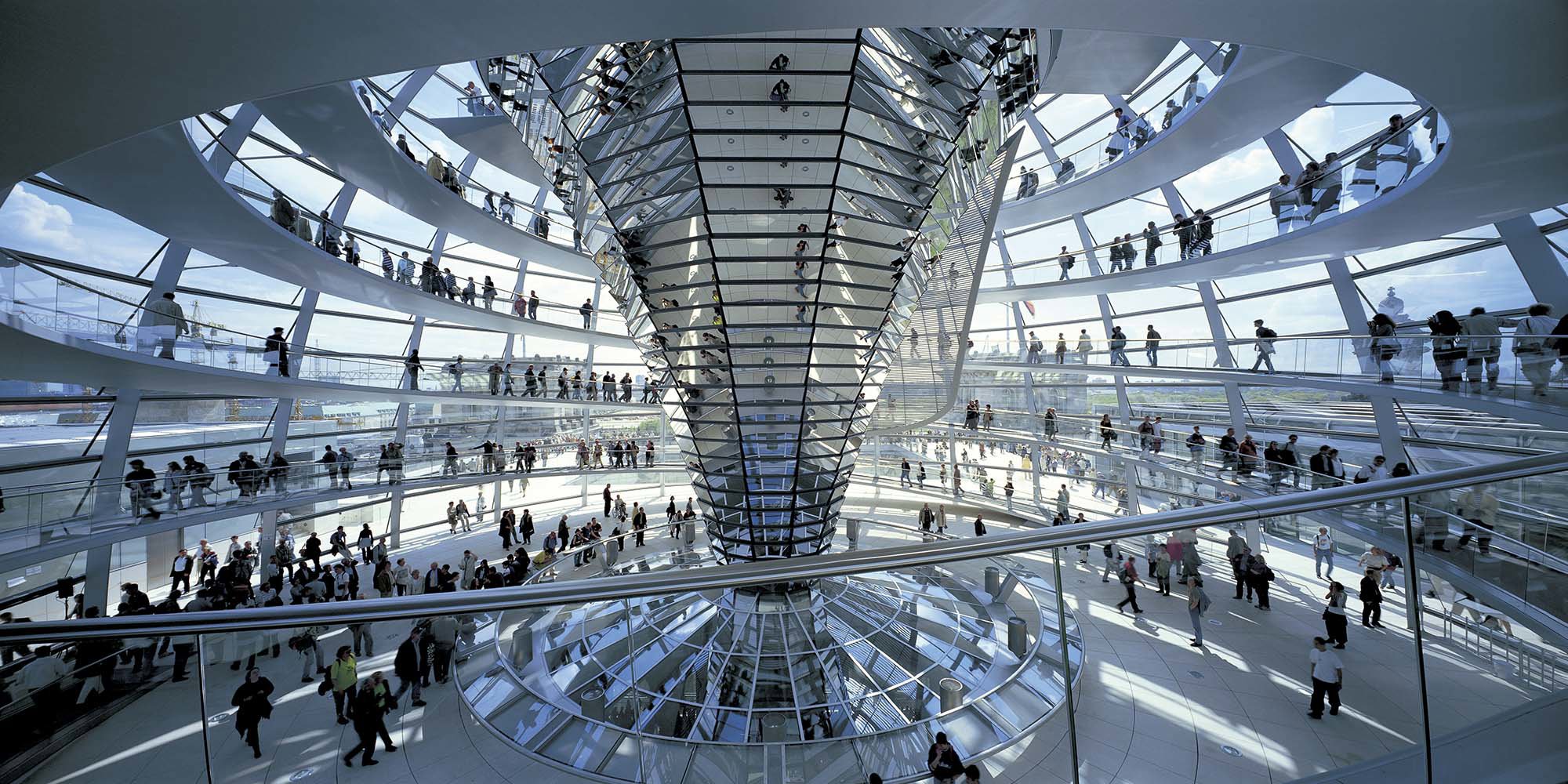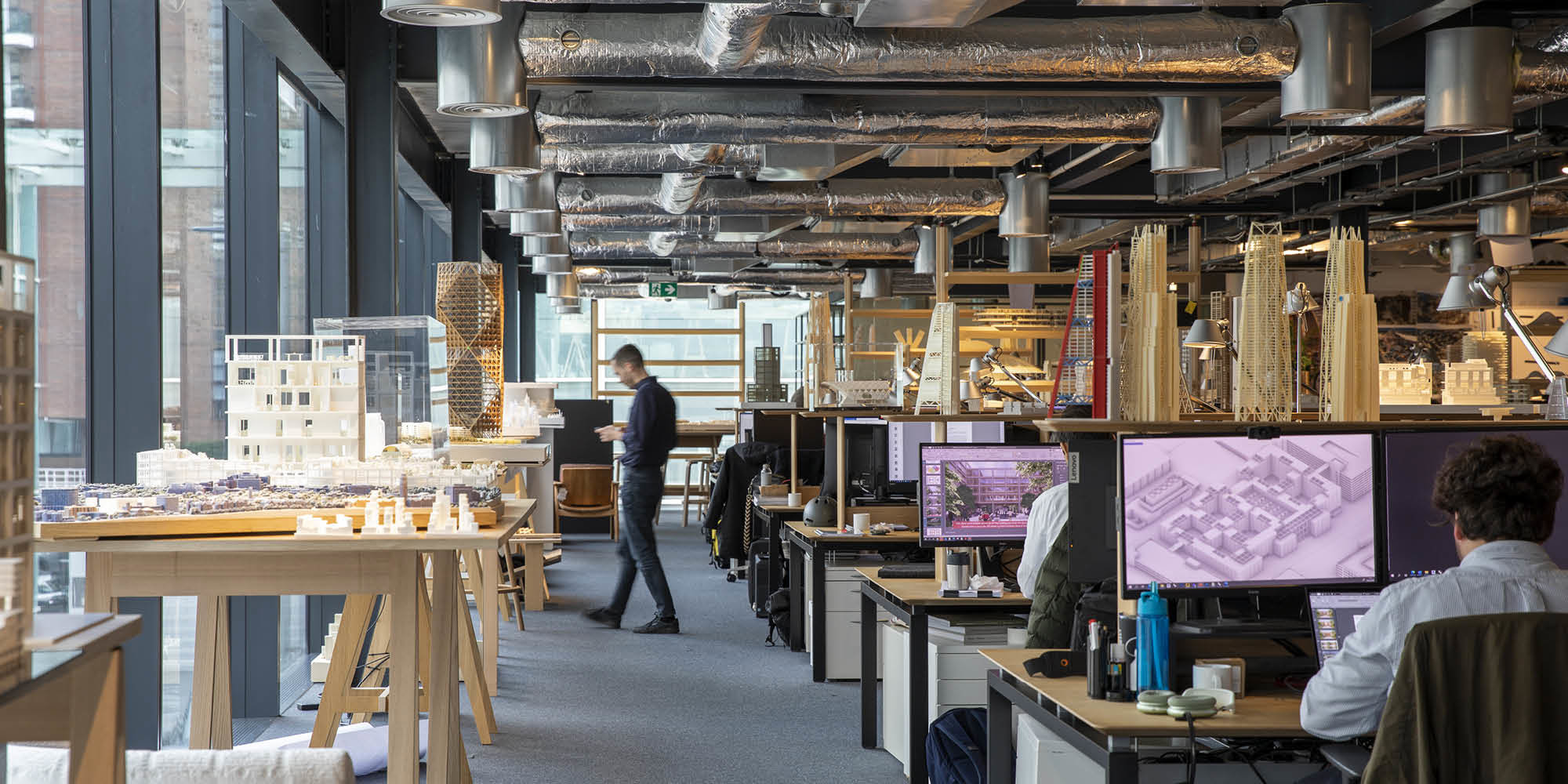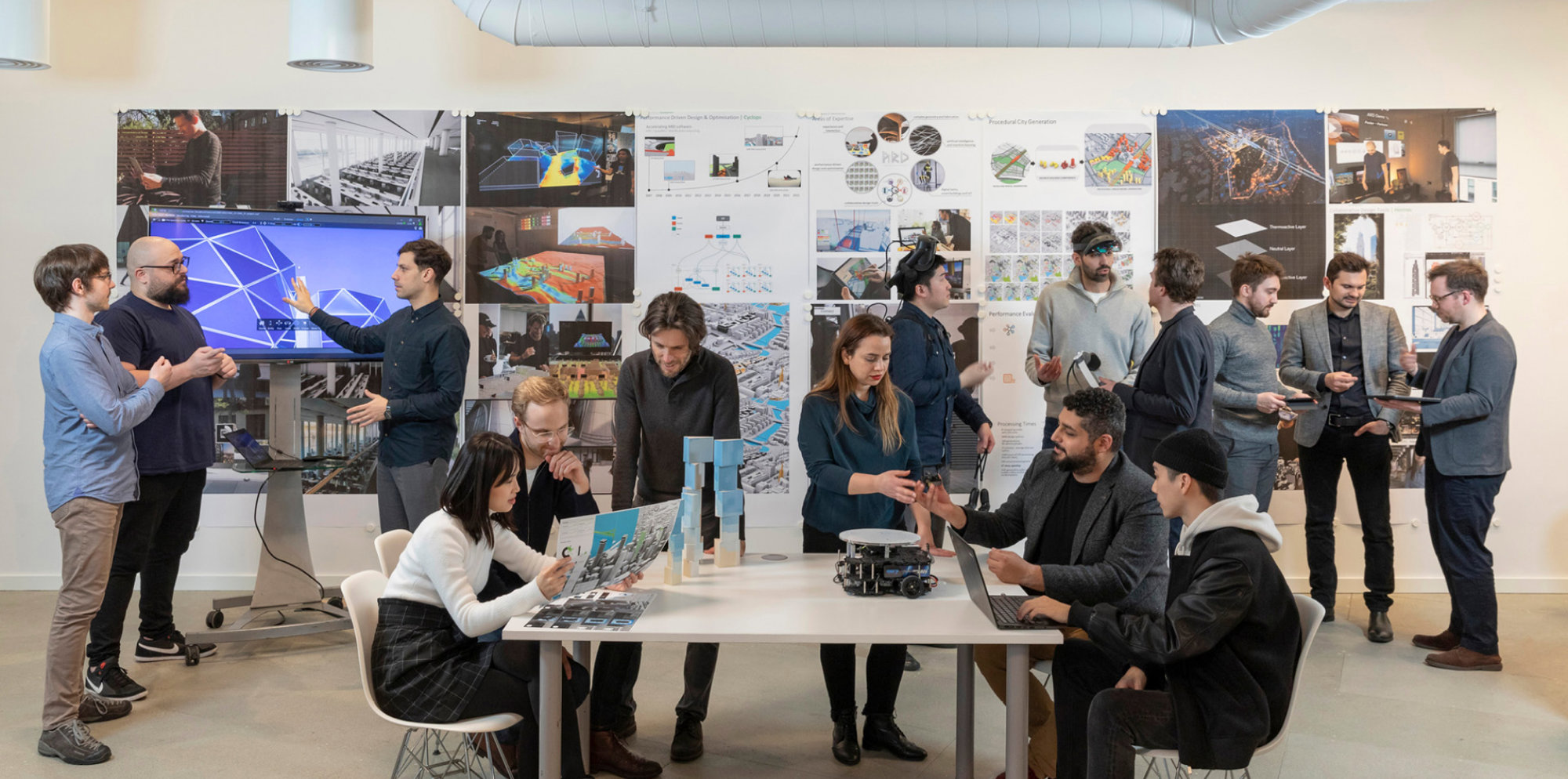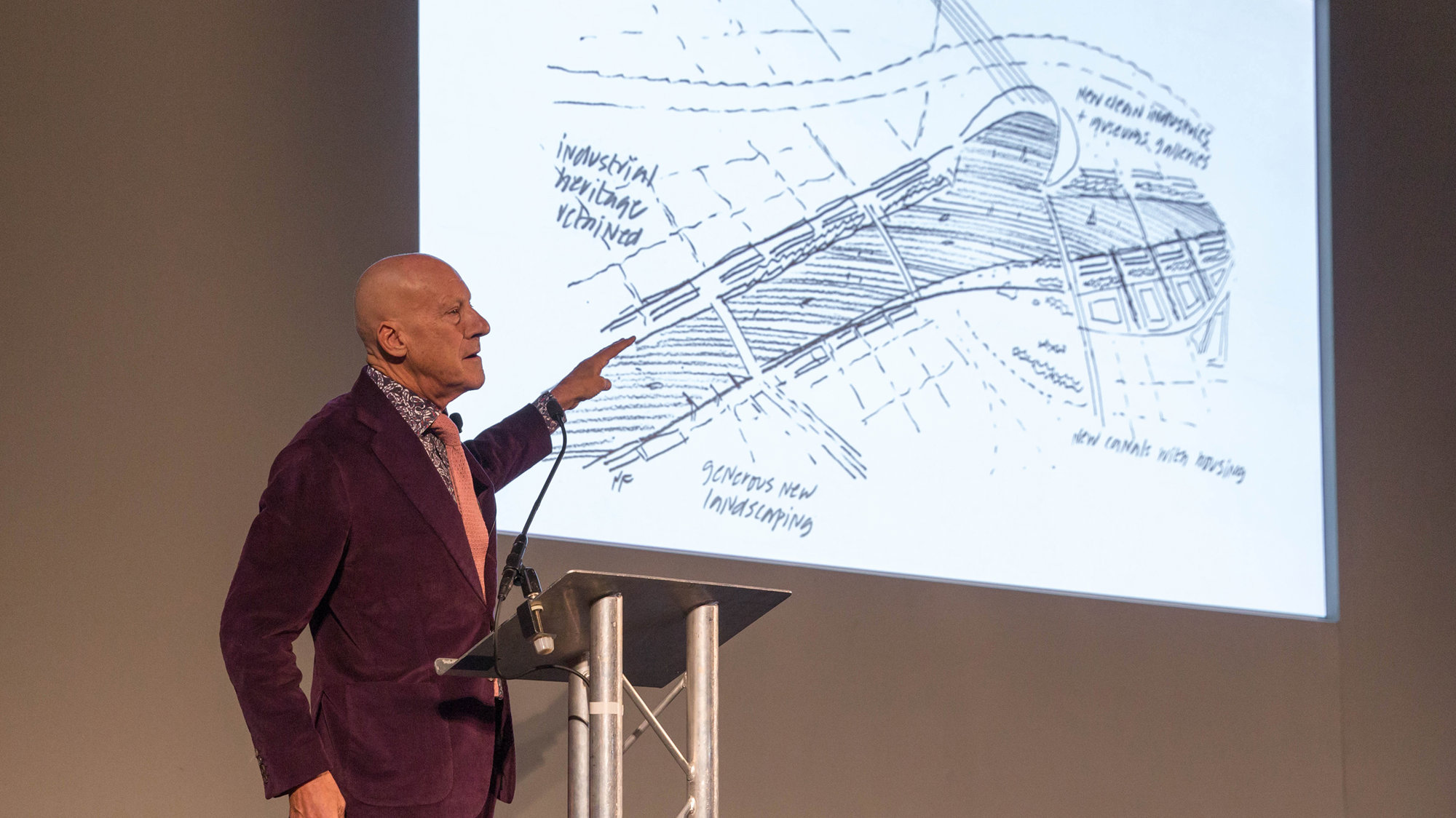Norman Foster delivered the first Lord St John of Fawsley Commemoration Lecture, organised by the Royal Fine Art Commission Trust at the Manchester Town Hall yesterday. Entitled, ‘Designing the Future: Starting in the North’, the lecture illustrated how the cities of the north which were once the engines of the Industrial Revolution, could once again drive growth and innovation in the country.
Speaking specifically about Manchester, Lord Foster said: “As the first modern industrial city in the world, nineteenth-century Manchester was highly influential, characterised by intelligent design, innovation, and civic pride that encouraged investment in infrastructure. The Victorians were not ashamed to think big; between 1830 and 1850, 11,500 kilometres of railway tracks were laid in the UK – an investment which forms the backbone for our trade and travel until now. This was an era that thrived on connectivity and invested in long-term planning.”
He also emphasised how the UK’s design and engineering industries were contributing to infrastructural growth in other countries around the world, and how the UK was ‘missing out’ on tapping this valuable resource due to its short-sighted infrastructure planning strategies: “The same optimistic belief in the future, and its embodiment in creating infrastructure for generations to come, is in evidence today, but regretfully, far away from our shores. The common denominator that links our past heritage and emerging futures elsewhere is primarily one of an attitude of mind. It is ironic that one of our prime exports – design and engineering skills – continues to fuel investment and growth globally, while being restricted by the lack of planning, indecision and short-termism in the UK.”
His appeal to the decision-makers was to “recognise the challenges that we face as a nation today, and take the lessons from our own history, which have provided a blueprint for growth in the rest of the world.”
